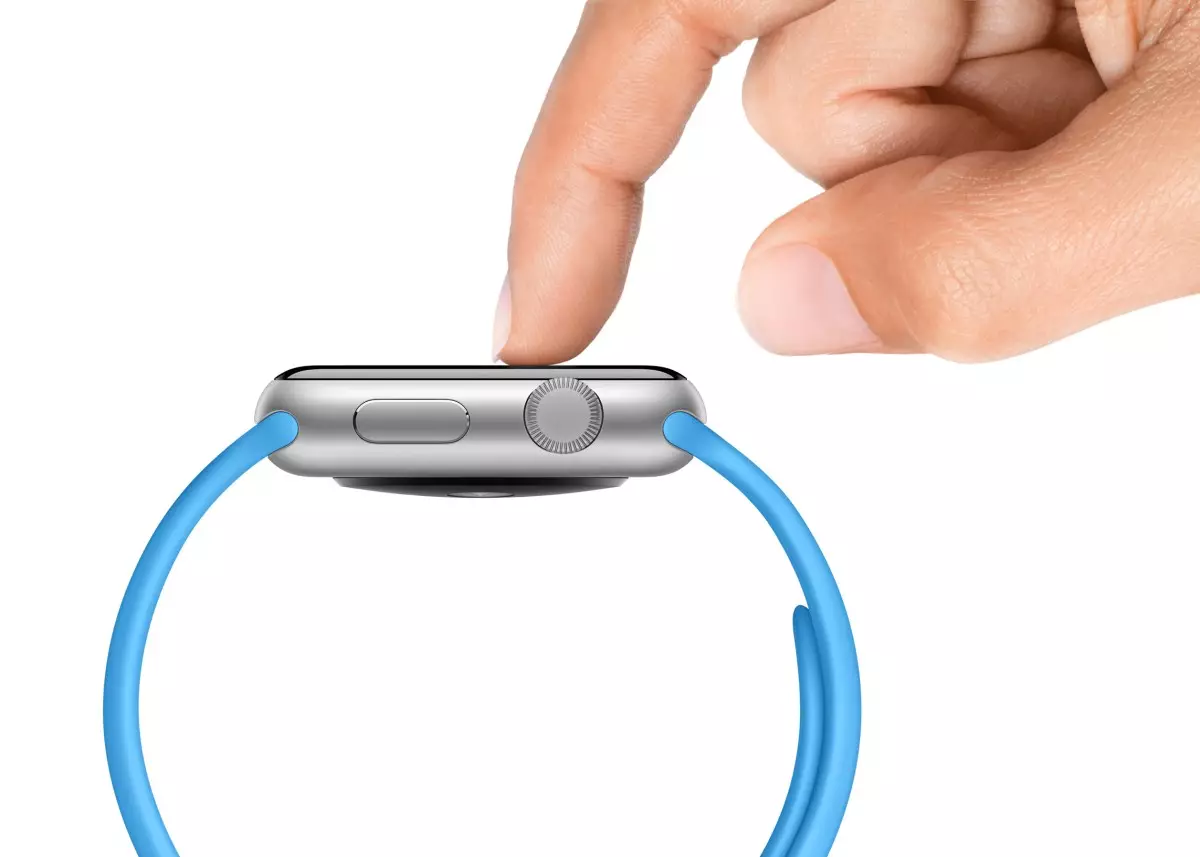In 2019, a class-action lawsuit was brought against Apple, culminating in a significant $20 million settlement regarding a battery swelling issue that affected early models of the Apple Watch. This lawsuit, filed in the U.S. District Court for the Northern District of California, claimed that the first four generations of Apple Watches—Original, Series 1, Series 2, and Series 3—were susceptible to battery malfunctions that potentially compromised their functionality and safety. Such legal actions raise concerns not only regarding product reliability but also about consumer protection in the tech industry.
Battery swelling is a phenomenon primarily attributed to the buildup of heat and gas within lithium-ion batteries. As the internal pressure increases, the battery casing begins to expand, which can lead to damage to the device itself. This issue is particularly severe in tightly packed devices like smartwatches, where limited space amplifies the risk of internal damage. As consumers rely on these devices for health tracking and daily notifications, such mechanical failures can have significant repercussions, not only rendering the device unusable but also posing safety hazards.
Apple’s response to the allegations reflects a strategic legal standpoint as the company asserts its denial of any wrongdoing. The statement released indicated that the settlement is not an admission of guilt, emphasizing that the decision to pay was a measure to avoid further legal expenses and drawn-out litigation. The company maintains that the Apple Watches in question were designed with safety and reliability in mind. Apple’s steadfast denial of the claims reveals an underlying tension between consumer advocacy and corporate defense mechanisms within the tech industry.
The settlement provides a structured payout system for affected consumers. To qualify for compensation, individuals must have reported the battery issue to Apple between April 24, 2015, and February 6, 2024. Notifications regarding potential compensation will be sent through postcards or email, targeting residents of the U.S. The compensation amount varies based on the volume of complaints a claimant made, with payouts ranging from $20 to $50—an amount that might be seen as meager consideration for potential device malfunctions.
The financial settlement with Apple comes on the heels of another significant penalty imposed on Fitbit, highlighting increasing scrutiny over battery-related issues within the smartwatch market. As consumer technology continues to evolve and integrate more advanced functionalities, manufacturers will need to prioritize quality control and proactive measures in battery management. This case serves as a reminder to tech giants like Apple that consumer safety should not be overshadowed by technical advancements or profit margins. Ultimately, the resolution of this lawsuit should galvanize further discussions around technological accountability and reinforce the need for stringent safety standards in device manufacturing.

